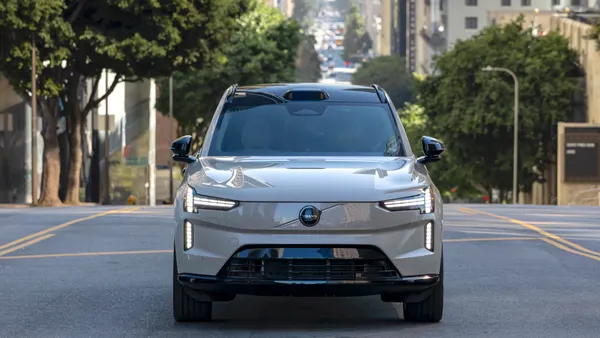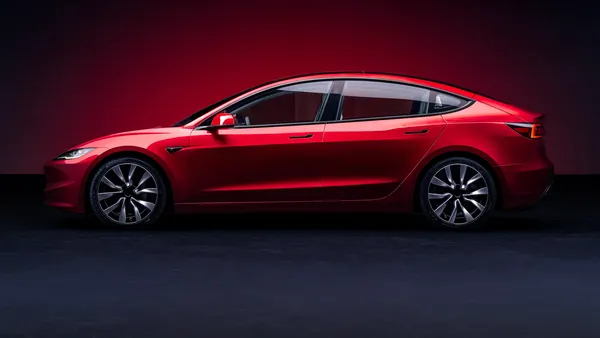Editor's note: This story is part of the WardsAuto digital archive, which may include content that was first published in print, or in different web layouts.
TRAVERSE CITY, MI – While General Motors Corp., Chrysler Group and Ford Motor Co. are readying light-duty diesel versions of their fullsize pickup trucks, Toyota Motor Corp. will follow suit only if the U.S. market demands it.
“In the light-duty sector, we don’t see (diesels as viable),” Dave Hermance, executive engineer-Advanced Technology Vehicles, Toyota Technical Center U.S.A. Inc., tells Ward's here at the Management Briefing Seminars.
However, Hermance says Toyota is “very market responsive” and if the Big Three light-duty diesels take off, the No.1 Japanese auto maker will respond.
Toyota is more interested in diesels for ¾-ton or 1-ton applications, Hermance says, noting penetration rates in those segments are quite good in the U.S.
“Just like in Europe (where diesel demand is strong), the price of admission to the ¾-ton and 1-ton market is a diesel,” Hermance says of the U.S. truck segment.
“It’s logical that that might happen, but in the light-duty sector we don’t see (a demand for diesel),” he says.
A flex-fuel Tundra, however, is a possibility, he notes, pointing out Toyota Motor North America Inc. President Jim Press’ recent favorable comments on vehicles capable of running on E85, a mixture of 85% ethanol and 15% gasoline.
Meanwhile, Hermance says Toyota has seen the first “wear out” of a hybrid battery, in a first-generation U.S. Prius owned by a customer in Florida. It had 250,000-260,000 miles (402,325-418,418 km) on it, he says.
“That battery appears to have depreciated in an energy storage capacity and essentially we would not put it back in another vehicle,” Hermance says of the prismatic nickel-metal hydride battery.
He says the auto maker has lab test data showing there is no deterioration at 180,000 miles (289,674 km) for its batteries and that other customers have put 250,000 miles on their hybrids “and still appear to be getting good service.”
A new battery pack was installed in the Florida Prius, he says.
“We don’t do below the pack-level maintenance, so we took out the entire pack, the computer and all the casing and everything else, and put a new pack in the vehicle,” Hermance says.
Toyota currently sells five different hybrid nameplates in the U.S., including the Prius, Highlander Hybrid and Lexus RX 400h cross/utility vehicles, Lexus GS 450h and Camry Hybrid. A hybrid version of the new Lexus flagship, the LS 460, is due next year.
Of lower-than-expected sales of the hybrid CUVs, Hermance notes 25% of Highlander sales are of the hybrid model, outweighing the penetration of the 4-cyl. model, which makes up 15% of total Highlander sales.
"A 25% take rate on a $4,500-$4,900 powertrain option is not bad,” Hermance says. “That’s better than the rate at which some manufacturers sell their V-8 option."
Toyota cut Highlander Hybrid production from a 47,000-unit annual rate to a 30,000-unit rate earlier this year.











